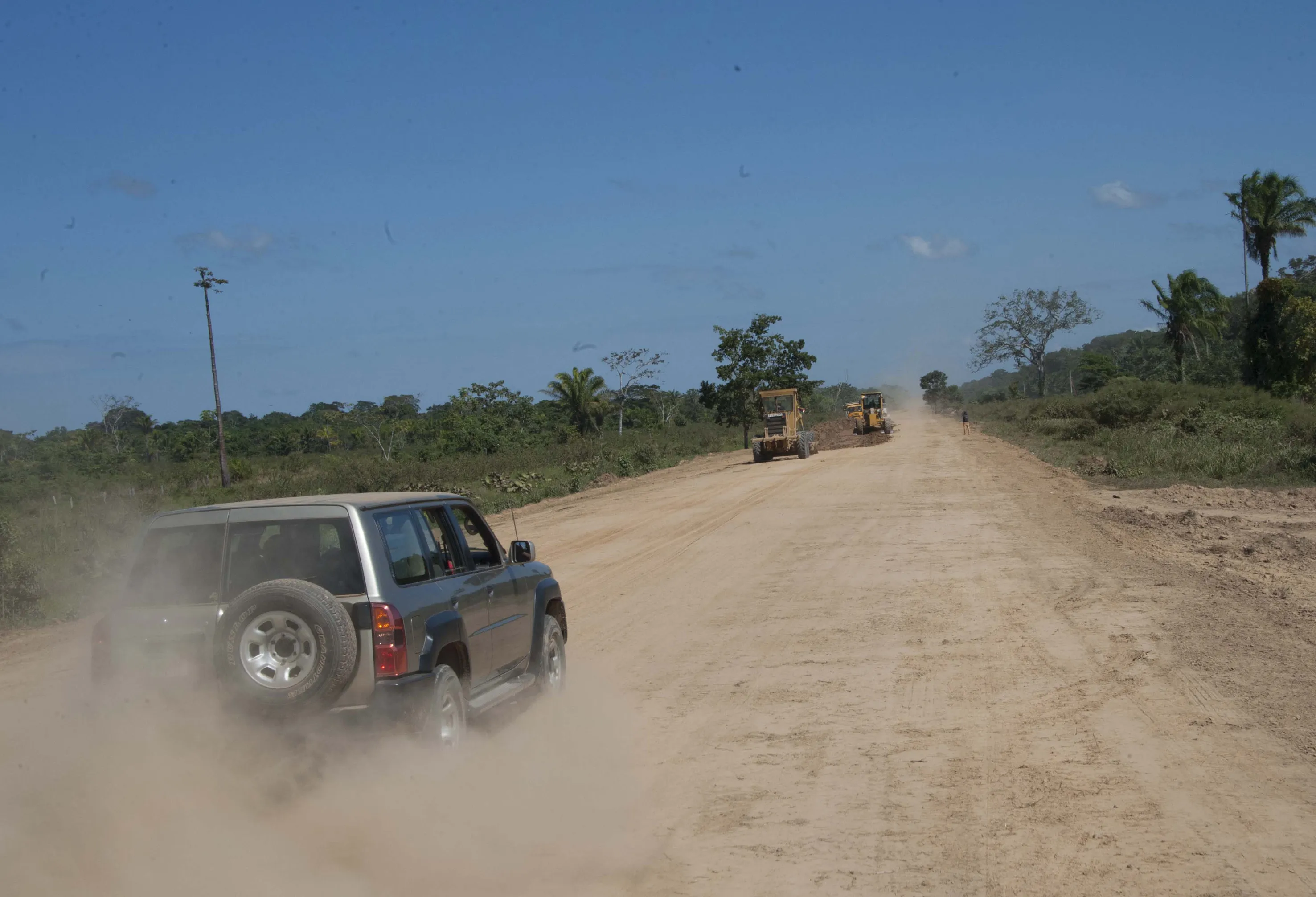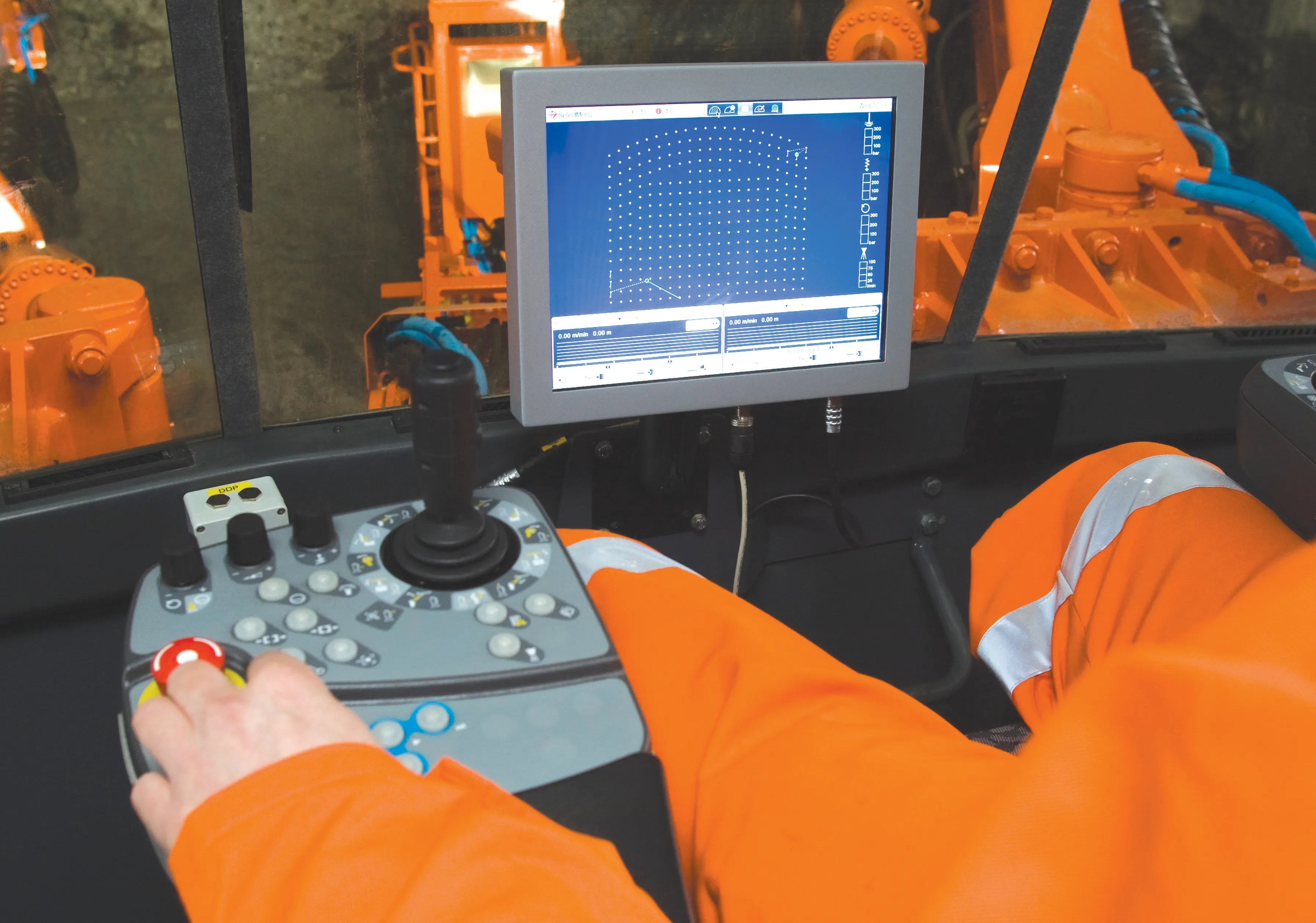The last two tenders for Israel’s Road 531 project are now being published by the Israel National Roads Company. The tenders will form part of one of the largest single infrastructure projects ever planned in Israel. These two are for a complex series of works including a three storey interchange, underground crossings for railways and roads and relocation of the coastal line for Israel Railways. Also included in the works are the construction of two large water pumping stations and a series of paths for pe
April 25, 2012
Read time: 2 mins
The last two tenders for Israel’s Road 531 project are now being published by the 2602 Israel National Roads Company.
The tenders will form part of one of the largest single infrastructure projects ever planned in Israel. These two are for a complex series of works including a three storey interchange, underground crossings for railways and roads and relocation of the coastal line for Israel Railways. Also included in the works are the construction of two large water pumping stations and a series of paths for pedestrians and cyclists. Road 531 is a central east-west link and connects the Northern part of Tel Aviv with Israel's north-south roads. The aim of the project is to tackle congestion and construction of three sections of the road has already begun. The vast project is for work to both roads and railways, with 11 interchanges and 36 bridges and tunnels in all. The road will feature four to six lanes in each direction, with a total cost of some US$985 million (3.7 billion NIS). Construction will take four years and is for a multi-lane suburban highway with railway tracks and passenger stations running alongside. Work on the road network is being integrated with the construction of the rail connections. The project is complex as the ground conditions and topography provide engineering challenges. Further complexities are added by the need to build the road and rail links in cuttings, requiring the construction of a network of protective retaining walls. These will prevent the ingress of water into the road area and the work requires the construction of two of massive water pumping stations. One of the major features will be the innovative, three level interchange design that will include both road and railway connections. This will also include several underground crossings.
The tenders will form part of one of the largest single infrastructure projects ever planned in Israel. These two are for a complex series of works including a three storey interchange, underground crossings for railways and roads and relocation of the coastal line for Israel Railways. Also included in the works are the construction of two large water pumping stations and a series of paths for pedestrians and cyclists. Road 531 is a central east-west link and connects the Northern part of Tel Aviv with Israel's north-south roads. The aim of the project is to tackle congestion and construction of three sections of the road has already begun. The vast project is for work to both roads and railways, with 11 interchanges and 36 bridges and tunnels in all. The road will feature four to six lanes in each direction, with a total cost of some US$985 million (3.7 billion NIS). Construction will take four years and is for a multi-lane suburban highway with railway tracks and passenger stations running alongside. Work on the road network is being integrated with the construction of the rail connections. The project is complex as the ground conditions and topography provide engineering challenges. Further complexities are added by the need to build the road and rail links in cuttings, requiring the construction of a network of protective retaining walls. These will prevent the ingress of water into the road area and the work requires the construction of two of massive water pumping stations. One of the major features will be the innovative, three level interchange design that will include both road and railway connections. This will also include several underground crossings.







